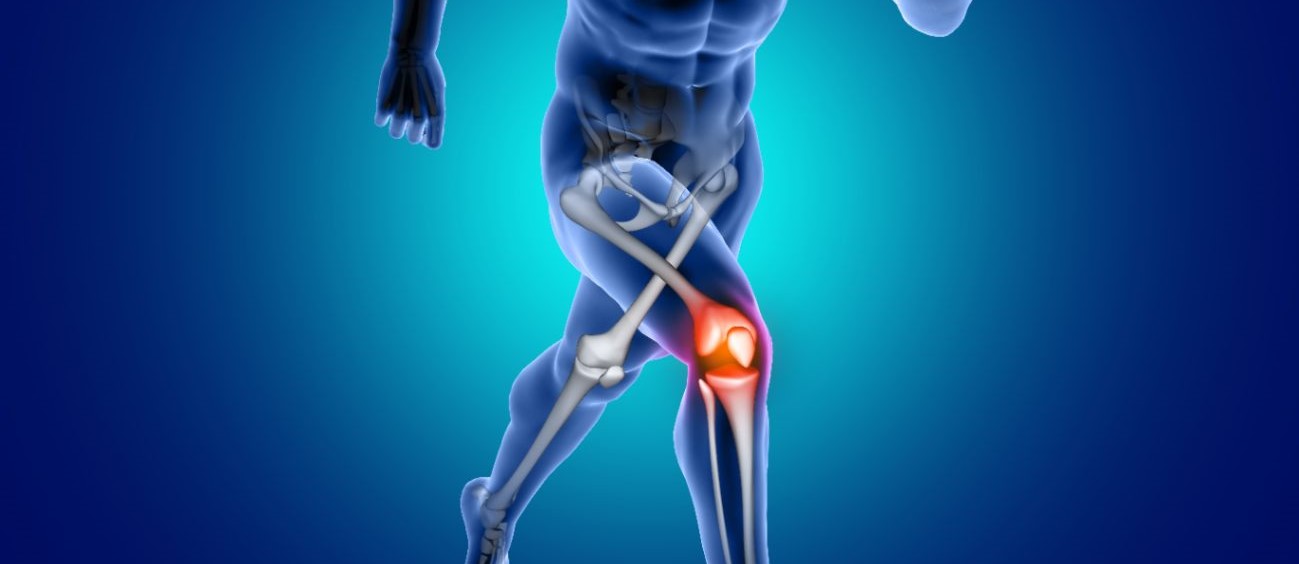Introduction
Meniscus injuries are a common problem that many athletes, especially those in high-impact sports like football and basketball, experience. This injury is caused by a tear in the meniscus, a C-shaped piece of cartilage in the knee. Meniscus injuries can cause pain, swelling, and limited mobility. At Physio Active, we offer various physiotherapy solutions for meniscus injury treatment.
Understanding Meniscus Injury
A meniscus injury is a tear in the cartilage that cushions the knee joint. This can happen due to a sudden twist or turn, especially when the knee is bent. It can also happen over time, due to repetitive stress or wear and tear. Meniscus injuries are more common in athletes, but they can happen to anyone. There are different types of meniscus tears, including radial, longitudinal, and bucket-handle tears. A proper diagnosis is necessary to determine the severity of the injury.
Symptoms of Meniscus Injury
The symptoms of a meniscus injury can vary depending on the severity of the tear. Common symptoms include pain, swelling, stiffness, and limited mobility. There may also be a popping or clicking sound when moving the knee. In severe cases, the knee may lock or give way.
Diagnosing Meniscus Injury
At Physio Active, we use a variety of methods to diagnose meniscus injuries. This includes a physical examination, imaging tests like X-rays or MRI scans, and arthroscopy. We also take into account the patient's medical history and the mechanism of injury to make an accurate diagnosis.
Physiotherapy Treatment for Meniscus Injury
At Physio Active, we offer several physiotherapy solutions for meniscus injury treatment. The type of treatment recommended will depend on the severity of the injury and the patient's individual needs. Our physiotherapy solutions may include the following:
Conclusion
In conclusion, meniscus injuries can be a painful and challenging condition, but there are various physiotherapy solutions available for treatment. At Physio Active, we provide comprehensive care for meniscus injuries, from accurate diagnosis to personalized treatment plans. Our physiotherapy solutions include range of motion exercises, strengthening exercises, manual therapy, functional training, and biomechanical assessment to aid in recovery, reduce pain, and improve overall knee health. We work closely with orthopedic surgeons to provide complete care, and our physiotherapy solutions can be an effective and non-invasive treatment option for meniscus injuries. With proper rehabilitation, patients can return to daily activities and sports and reduce the risk of re-injury. Contact Physio Active today to learn more about our physiotherapy solutions for meniscus injury treatment.


